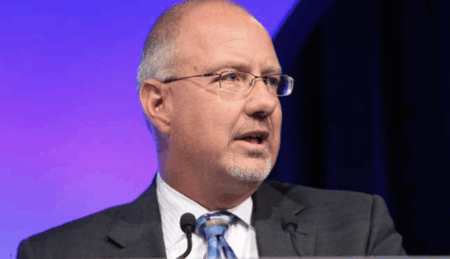The US Department of Transportation (USDOT) is advancing the Florida International University (FIU) Bridge Engineering Program’s efforts to make the country’s aging bridges safer, with the award of US$1.5m per year, for five years, for its Accelerated Bridge Construction University Transportation Center (ABC-UTC).
A combined match from the state and private sector will bring the FIU’s award to more than US$10m, with the funding helping to address one of the USA’s major transportation challenges dilapidated bridges in urgent need of repair. This is the second grant awarded to FIU’s ABC-UTC, which was first funded by the USDOT in 2013. The ABC-UTC works closely with the Federal Highway Administration (FHWA) and the American Association of State Highway and Transportation Officials (AASHTO) to advance accelerated bridge design and construction through research, workforce development and technology transfer.
More than 200 proposals were submitted to the USDOT, and only 20 institutions were selected for funding and designation as a Tier 1 University Transportation Center. FIU will serve as the lead institution, with Iowa State University, University of Nevada at Reno, University of Oklahoma and University of Washington serving as partner universities. The ABC-UTC focuses on five research categories, among them developing the tools to allow bridge owners to make better decisions with respect to construction methods, and ensure long service life of ABC projects. There is also an emphasis on developing the next generation of bridge systems that are best suited for ABC application, and the most effective use of high-performing materials and advanced construction methods.
“We are committed to finding a solution to our country’s aging infrastructure and traffic gridlock,” said FIU president Mark B Rosenberg. “As the only organization in the country focused on accelerated bridge construction research, we’re excited that FIU is once again at the forefront of pioneering research that will positively impact the future of transportation.”
Atorod Azizinamini, one of the world’s leading bridge engineers, and director of FIU’s ABC-UTC, commented, “Most of the country’s existing roadways were built more than 50 years ago, and most bridges were designed for a 50-year life. The nation’s infrastructure shows signs of increasing deterioration, and roadways were designed to carry much less traffic than the current levels of service. The discrepancy between demand and capacity is putting even more stress on the nation’s bridges. With accelerated bridge construction we are able to replace or retrofit bridges without affecting traffic, while providing safety for motorists and workers on site. The result is more durable bridges.”




